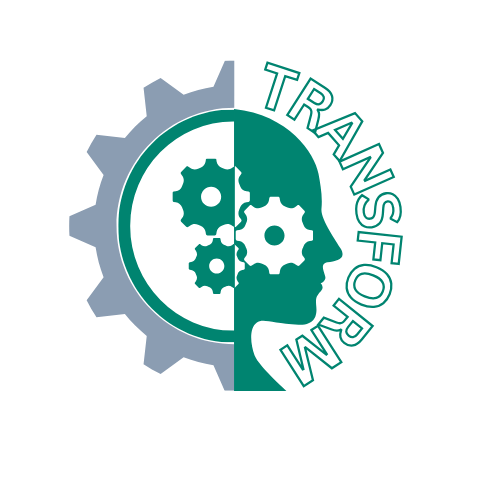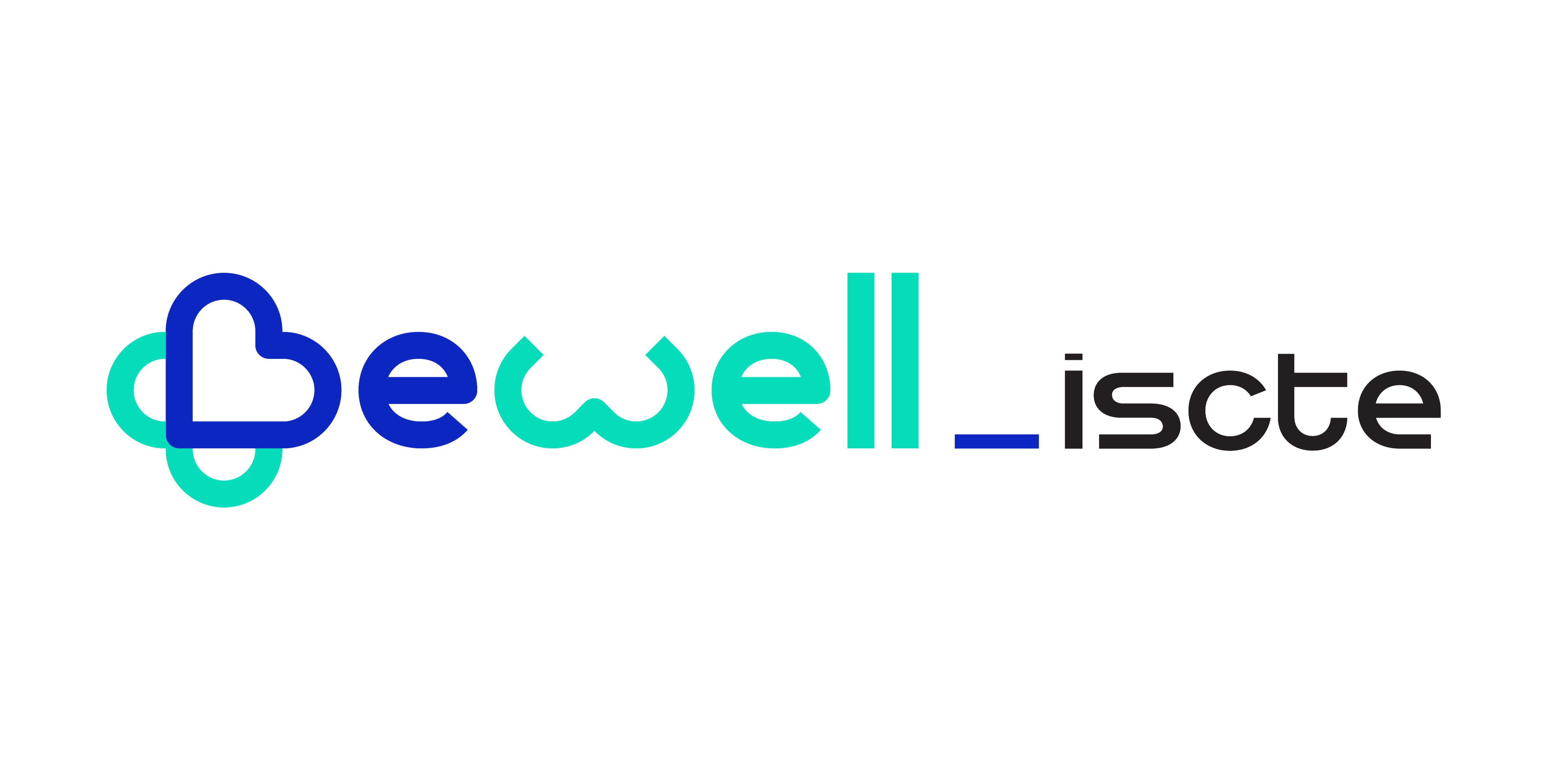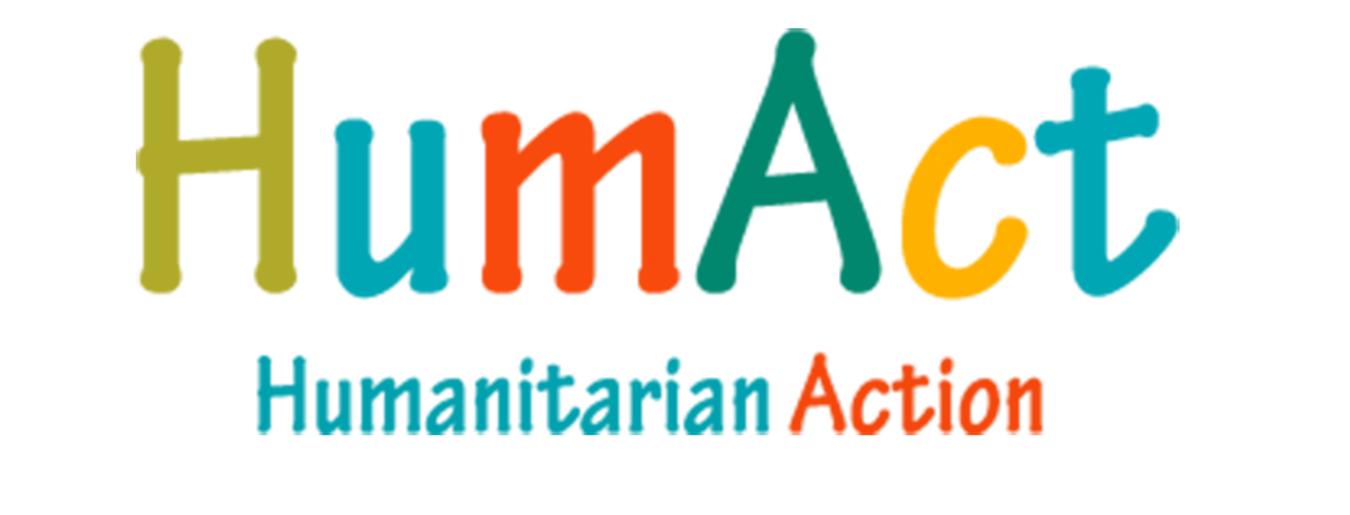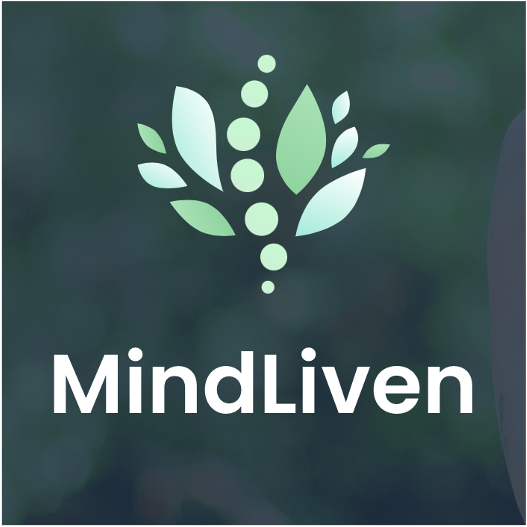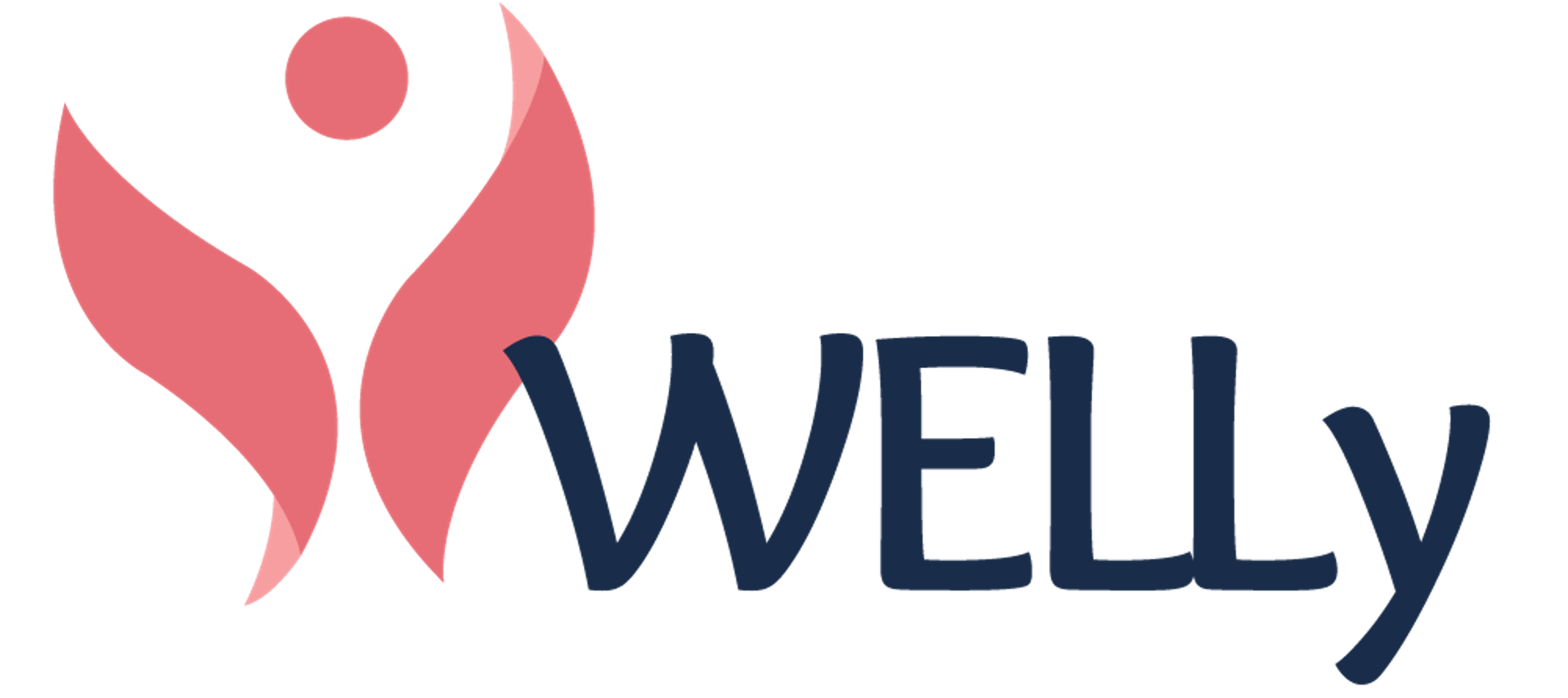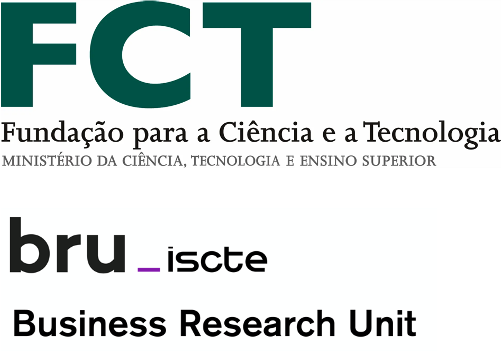The Future of Human Workforce: Embracing Change, Challenges, and Opportunities
Coordenadora Local
The project proposal focuses on the future development of the human workforce, with the aim of exploring critical aspects related to its future development.
The technological advances have significantly reshaped industries and lead to the emergence of novel job roles and unimagined employment opportunities that were just until recently unimaginable. The anticipated changes in the labour force will therefore require a corresponding change in the skills, competencies, and capacities of people actively participating in the labour market. In addition, it is critical to address the compelling task of reshaping workplace dynamics and prioritizing workforce well-being, as this aspect becomes increasingly important, especially in the face of labour shortages. By taking a comprehensive view of these interrelated aspects, it becomes imperative to address all of the above elements in order to maintain global competitiveness of European countries in an ever-evolving world and contribute to the necessary transformation of the labour market. The project will engage stakeholders in meaningful discussions about future workforce development, the project enables their participation in the policy-making process, which allows for an exchange of views and the co-creation of Europe's future through their valuable contributions. The project will also strengthen participants' awareness of their rights and knowledge of EU policies by examining and sharing lessons learned and best practices related to labour market challenges.
In sum, this project seeks to contribute to empower individuals with relevant skills and knowledge, and foster an environment that encourages sustainable economic growth, full and productive employment, and decent work future for all.
Informação do Projeto
2024-09-01
2026-08-31
Parceiros do Projeto
- BRU-Iscte (OB&HR)
- DINAMIA'CET-Iscte
- UCLL - Líder (Bélgica)
- FAKULTETA ZA ORGANIZACIJSKE STUDIJEV NOVEM MESTU (Slovenia) - (Eslovénia)
- FFI - (Polónia)
- IH - (Grécia)
- IRES FVG - (Itália)
- CRN - (Alemanha)
- Well-being Lab - (Suécia)
- NCPE - (Malta)
BeWell-Iscte
Investigadora
Este projeto tem como objetivo geral a promoção da saúde mental e bem-estardos/as estudantes do Iscte-Instituto Universitário de Lisboa, com base no modelo Stepped Care, desenvolvido no programa para a promoção da saúde mental no ensino superior - Programa ACCES. Focando-se numa abordagem de promoção e prevenção, e adotando uma lógica de participação coletiva, identificam-se os seguintes objetivos específicos: 1. Desenvolvimento de atividades de promoção da saúde mental, prevenção e ajustamento (nível 1 e 2), com vista à melhoria das competências relacionadas com a literacia em saúde mental, resiliência mental e gestão de stress; 2. Reforço das respostas psicoterapêuticas e psiquiátricas para estudantes com perturbações mentais comuns de gravidade ligeira a moderada (nível 3), com vista à intervenção precoce e evitamento de patologias mais graves; 3. Fortalecimento dos mecanismos de identificação de situações de risco ou doença mental grave e o seu encaminhamento para os serviços de saúde especializados (nível 4 e 5); 4. Promoção da participação ativa da associação de estudantes no desenvolvimento, implementação e avaliação das atividades;5. Inclusão de estudantes com necessidades educativas específicas e outros grupos vulneráveis (estudantes de 1º ano, estudantes deslocados, nacionais e internacionais, estudantes beneficiários da ação social escolar, estudantes bolseiros provenientes de países PALOP, estudantes mulheres, e estudantes LGBTQIA+), de forma transversal às atividades desenvolvidas.
Informação do Projeto
2024-05-02
2026-09-30
Parceiros do Projeto
Acção Humanitária: Mudanças Climáticas e Deslocamentos
Investigadora
HumAct é um projeto de 3 anos financiado pelo Programa Erasmus+ Capacity Building para o Ensino Superior e é coordenado pelo ISCTE –Instituto Universitário de Lisboa., tendo como parceiros: a Universidade Nacional e Kapodistriana de Atenas, Universidade de Cabo Verde e a Universidade de Santiago, de Cabo Verde e a Universidade Pedagógica, Universidade de Pungué e Universidade de Rovuma, de Moçambique.
O principal objetivo do projeto é aumentar a capacidade das instituições de ensino superior na área da Ação Humanitária (AH) em relação a mudanças climáticas e deslocamentos nos países parceiros, especificamente em Cabo Verde e Moçambique, em colaboração com instituições dos países do programa, como Grécia e Portugal.
Os objetivos específicos são:
• Aumentar a resposta do ensino superior no que diz respeito a conteúdos relevantes pra a AH
• Promover a investigação de docentes e alunos relativamente a AH
• Desenvolver as estratégias pedagógicas dos docentes
• Fortalecer o envolvimento das comunidades
Informação do Projeto
2021-01-15
2024-06-14
Parceiros do Projeto
- IRU-Iscte - Líder
- CIES-Iscte
- BRU-Iscte
- Universidade Pedagógica de Maputo - (Moçambique)
- Universidade Pungué - (Moçambique)
- Universidade de Rovuma - (Moçambique)
- UNI-CV - (Cabo Verde)
- Universidade de Santiago - (Cabo Verde)
- National and Kapodistrian National of Athens - (Grécia)
MINDLIVEN - Mindfulness-in-Nature Based Training through Virtual Environments
Coordenadora Local
Over the last decades, social and emotional learning (SEL) has been increasingly acknowledged to impact on competency areas such as self-awareness, self-management, social awareness, relationships skills, and responsible decision-making. Mindfulness training is a multimodal intervention informed by the principles of positive psychology, with a central focus on skills that enable more effective coping and stress reduction. The application of mindfulness-based practices (MBP) has been strengthened by the results of evaluation studies that typically report on the positive effectiveness of MBP in terms of SEL. In parallel, research results show that exposure to natural environments arouses positive emotions and stress recovery, and improves compliance to mindfulness training, making it more effective. As such, the role of nature in the workplace is receiving increased attention, and existing theory and research suggest that nature contact can be considered as a workplace strategy for reducing stress, while at the same time enhancing performance and overall well-being. Therefore, Mindfulness-in Nature-based practices (MiNBP) joins together the healing effect of nature and the distressful effect of MBP, with greater benefits. It is therefore essential for company’s managers to understand how MiNBP has the potential to benefit their staff towards a systematic approach to SEL, in particular when considering the perspective of the five-competency-area framework.
Informação do Projeto
2020-12-01
2023-05-31
Parceiros do Projeto
- BRU-Iscte (OB&HR)
- Universita degli Studi di Verona - Líder (Itália)
- Fundacja “Malopolska Izba Samorzadowa” - (Polónia)
- USE - (Espanha)
- Virtual Campus Lda - (Portugal)
- Creative Thinking Development - (Grécia)
- Unione Territoriale Sindacale CISL Vicenza - (Grécia)
WELLy: Introducing the job profile of a Manager for Work Well-being to prevent and combat work related stress
Investigadora
General Objective: Work-related stress is now widely recognised as a significant problem as its costs can involve high levels of sickness absence, accidents, errors,
low morale and poor performance. Work-related stress is conditioned by, and contributes to, major environmental, economic and health problems. It has a
significant impact on the well-being of staff, their productivity and effectiveness, and much of it is likely to be preventable.
Given the exponential increase of work-related stress issues and the diffusion of depression among the European citizens, the WELLy project aims to set the role of Work Well-being Manager (WWM) in charge of making sure that daily working conditions are fair and as healthy as reasonably possible for every employee so that the overall quality of life at work improves within the organisation and across economies.
Specific Objectives: The proposal aims to encourage a proactive approach and highlight the major role managers can play in reducing the problems of stress. For
this reason the profile of Work Well-being Manager will be introduced: he/she has a cross-functional role which leverages psychological skills including diversity
management, particularly when it comes to disabled persons as they often require specific adjustments of their work environment. On top of this, the Work Well-being Manager cooperates with other departments to analyse the issues caused or that could cause work-related stress, and to reduce psychosocial risks and improve employees’ commitment and engagement.
Informação do Projeto
2019-09-01
2022-08-31
Parceiros do Projeto
- BRU-Iscte (OB&HR)
- Sinergie Società Consortile a Responsabilità Limitata - (Itália)
- DRUSTVO ZA RAZVIJANJE PROSTOVOLJNEGA DELA NOVO MESTO - (Eslovénia)
- Psychometrics srl - (Itália)
- EPRALIMA - (Portugal)
- INSTITUTE OF ENTREPRENEURSHIP DEVELOPMENT - (Grécia)
- INSTALOFI LEVANTE SL - (Espanha)
- FAKULTETA ZA ORGANIZACIJSKE STUDIJEV NOVEM MESTU (Slovenia) - Líder (Eslovénia)
Developing Competencies for Stress Resilience @SMEs
Investigadora Responsável
Developing Competences for Stress Resilience @SMEs (DeSTRESS) aims to provide an innovative VET-based solution to this problem. Building on existing research, partners will develop a VET curriculum supported by an innovative VET Digital Training Platform using the latest techniques in game-based training and gamification, complemented by a set of practical tools and resources to facilitate the transfer of learning into the workplace. This environment will expose the main psychosocial health risks and their real impact on the individuals’ life and on the companies’ productivity. Players will assume roles, enabling them to think back on their experiences with these specific situations and how it happened, and which solutions are available for each scenario. Besides raising awareness on the problem, the project outputs will enable owner, managers and even decision makers to plan for and to mitigate its occurrence and the negative consequences of work- based stress. For that purpose, both a policy report and recommendations will be produced. A network of facilitators will also be created as an open forum to debate these issues. As such, the project will contribute to strengthening key digital competences in initial VET while preventing the inherent hazards.
Informação do Projeto
2019-09-01
2022-05-31
Parceiros do Projeto
- BRU-Iscte - Líder
- CCS Digital Education Limited - (Irlanda)
- Fundacja “Malopolska Izba Samorzadowa” - (Polónia)
- USE - (Espanha)
- Universita degli Studi di Verona - (Itália)
- Universita degli Studi di Verona - (Itália)
- Virtual Campus LDA - (Portugal)
- Creative Thinking Development - (Grécia)
Prevenção Participativa dos Riscos Psicossociais Emergentes nas PME´S
Investigadora Responsável
Psychosocial Risks prevention was identified as a key priority and the recognition of the significant changes in the work context contributed for emphasizing Emergent Psychosocial Risks - EPR (e.g., precarious contracts, ageing workforce, and family-work conflict) (EU-OSHA, 2007). The contextual factors and risk management practices critical for prevention have been evidenced in research and support the European policy and national strategies and obligations. However, ESENER survey reveal that these policies did not yet consolidate into generalized good practices (EU-OSHA, 2010, 2012).
It is also acknowledged that social dialogue is a key factor for improving quality in work (EC, 2003), implementing participative solutions and empowering the stakeholders increase the success of the preventive actions. The accomplishment and positive outcomes of this involvement require that the stakeholders have opportunity to participate and that their perspectives are taking into account.
The current societal and economic crises amplified the threats related to psychosocial risks. In this context SMEs are more vulnerable and also facing bigger challenges for initiating, maintaining and improve prevention initiatives.
The present action intends to contribute for an efficient promotion of knowledge dissemination and offer an informative toolkit for preventive actions towards EPR that SMEs are facing, cross industry and cross sector. This will be achieved using social dialogue with different formal stakeholders. Action specific objectives are: Map the SMEs knowledge about EPR; Identify best practices and main obstacles perceived by SMEs Stakeholders; organize a workshop with stakeholders to disseminate and debate knowledge, action plans and a tool kit; develop a tool kit that can be easily used by SMEs.
The action targets SMEs in four European countries that are facing severe societal challenges due to the economic crisis (Portugal, Italy, Greece and Spain).
Coding, analysis and prevention of occupational accidents
Coordenadora Global
Equipa: Prof. Carlos Guedes Soares (UETN -IST), Prof.ª Celeste Jacinto (UETN -IST), Prof. Helena Carvalho (CIES-ISCTE), Engº Ângelo Teixeira (UETN -IST), Engº Pedro Antão (UETN -IST). Bolseiros: Maria João Oliveira (CIS/ISCTE); Tiago Fialho (UETN- IST); José Tavares (CIS/ISCTE).
Consultores: Prof. John Kingston (Invited Professor in Delft University).
Informação do Projeto
2007-10-01
2010-12-31
Parceiros do Projeto
Informação do Projeto
2007-10-01
2010-12-31
Parceiros do Projeto
Iniquidades de sexo nos julgamentos e acções face à dor de outros: O impacto moderador dos contextos
Investigadora
Existe um cada vez maior número de pessoas que sofrem, por períodos de meses ou anos, de dores persistentes que não estão associadas a qualquer tipo de doença ou de lesão. Os dados epidemiológicos internacionais referem que, em média, 35,5% das pessoas experienciam dor crónica (DC) e que 11% dos adultos apresentam DC grave e incapacitante.
A guerra contra a dor tem uma história relativamente recente tanto a nível nacional como internacional, havendo ainda muito por fazer. De facto, a dor tem sido um dos tópicos de investigação mais negligenciados na história da medicina. É só com a Teoria do Portão (Melzack e Wall, 1965) que a dor, que era tradicionalmente vista como uma resposta directa e linear a um estímulo, passa a ser concebida como um fenómeno de natureza bio-psicosocial.
Uma área de investigação recente que reflete uma abordagem do fenómeno da dor nas suas vertentes biológica, psicológica e sócio-cultural é aquela que procura analisar as variáveis relativas ao sexo e género na experiência de dor. Efetivamente, os estudos sobre o sexo e género na experiência de dor procuram integrar variáveis de natureza psicológica e social para uma melhor compreensão do fenómeno. Esta foi uma das constribuições mais gerais deste projecto. Partindo de evidências que apontam para diferenças de sexo na experiência de dor, este projeto procurou estabelecer uma ponte entre duas linhas de literatura que raramente se cruzavam: 1) a literatura sobre crenças de controlo e estratégias de coping, de natureza predominantemente individualista e psicológica; e 2) os estudos de género, que acrescentam uma perspectiva sociológica e psicossocial.
O projeto partiu de uma abordagem geral sobre a forma como leigo/as e técnico/as de saúde (ex., enfermeira/os e médico/as de família) percebem a dor crónica e factores de género associados. Mais especificamente, procurou-se entender até que ponto as pessoas possuiam expectativas de papel de género face ao controlo sobre a dor e estraté...
Informação do Projeto
2007-01-01
2007-12-31
Parceiros do Projeto
Factores de Sucesso e Abandono Escolar no Ensino Superior em Portugal: Uma Análise Comparativa
Investigadora
Informação do Projeto
2007-01-01
2008-12-31
Parceiros do Projeto
- CIS-Iscte
- SOCIUS-ISEG - (Portugal)
Elaboração e validação de um instrumento de diagnóstico normalizado para a avaliação dos riscos comportamentais e psicossociais directamente ligados aos acidentes de trabalho no sector da construção
Investigadora
Projecto coordenado pelo Prof. Josep Melià e financiado pelo PIPN - Proyectos de Investigación del Plan Nacional de I+D+I , Ministério de Educação e Ciência Espanhol e co-financiado pelo FEDER (BIA2004-05475).
Equipa internacional com investigadores de Espanha, Portugal e Reino Unido.
Informação do Projeto
2005-01-01
2007-12-31
Parceiros do Projeto
Informação do Projeto
1999-01-01
2001-12-31
Parceiros do Projeto

 English
English

